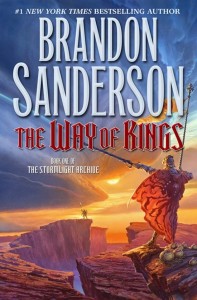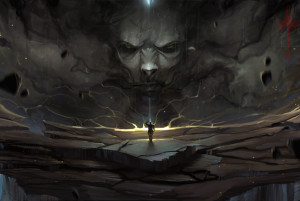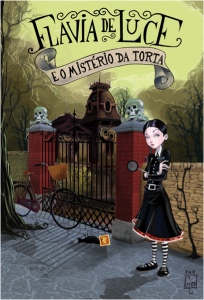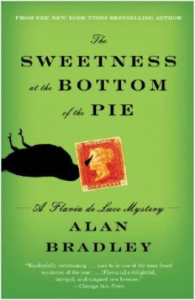Jack Foley.
The first time I met Jack Foley was in Elmore Leonard’s novel Out Of Sight. Elmore Leonard was a literary genius and his approach to storytelling and dialogue are two of my biggest influences when I write. You’ve probably been aware of his work (notably Get Shorty, 3:10 To Yuma, and the television series Justified to name a few). When I read Out of Sight, I immediately liked Foley as a character. But when the movie came out, something incredible happened. The movie version released in 1998 and was directed by Stephen Soderbergh. It remains one of my favorite movies and, in my opinion, the best of Leonard’s novels turned into film (in a tie with Quentin Tarantino’s Jackie Brown – which I’ll discuss next month!).
Foley’s career bank robber with a good heart escapes from the Glades Federal Penitentiary in Florida and promptly runs into U.S Marshall Karen Sisco. In the commotion of the escape, they end up in the trunk of a Cadillac as Foley and his accomplice, Buddy, run. By the time we see this, we’re already in love with Foley. He is smart, good looking, charming as hell, and always has a plan. In the trunk of the car, lit by the reverse side of the taillights, Foley and Sisco have a conversation that feels as natural as one that you and I could have. In the midst of the dangerous situation, sirens and flashing lights close by, we’re pulled into their discussion as naturally as possible. By the time they got out of the car, and the rest of the tale unfolds, we’re clearly following both of them and wanting them to get together at the end of the movie.
In the movie, George Clooney plays Jack Foley and Jennifer Lopez plays Karen Sisco. With Ving Rhames, Don Cheadle, Michael Keaton, and Albert Brooks as some of the stellar cast, the movie is very true to Leonard’s novel.
So what’s the big deal? Why is Jack Foley a memorable character?
Flash forward a few years and Elmore Leonard’s sequel to Out of Sight was released. Road Dogs follows Jack Foley after his release from prison as he tries to build a new life for himself but keeps running afoul of shady characters out for money and blood. From the book Out of Sight, which is one of my favorite Leonard titles, I liked Foley’s character. However, seeing him played by Clooney so perfectly, as I read Road Dogs, I could not stop seeing and hearing Clooney in the role. That’s where Foley transcended being a likable sympathetic character into something different. Clooney’s effortless performance as Foley indelibly attaches his “aura” to the character. The likable, memorable character has become something else entirely through the visual medium.
There are a few movies that suck me in when I find them one television. All of them have something in common. A sympathetic, regular guy protagonist with a good heart trying to get by. All of those movies have been perfectly cast so that the main characters are indelibly etched into our minds. Seriously – could anyone other than Tim Robbins have played Andy in Shawshank Redemption? Clooney’s performance as Jack Foley did exactly the same thing. When written stories become films, so many times the elements the make the books vibrant and alive are lost. Sometimes, we cannot see a character in our minds as clearly as the movies define them.
But when a likable, memorable character is played by the right actor or actress – wow. And you all know exactly what I’m talking about. But is it the actor or the character that is memorable? I vote character. No matter the actor’s talent, commitment to the role, or appearance, the character is developed on paper and is the vision of the writer/screenwriter that the actor is to bring to life. When it’s done perfectly in a book, it resonates with us. When we see that on camera, it’s more than memorable. It’s legendary.







